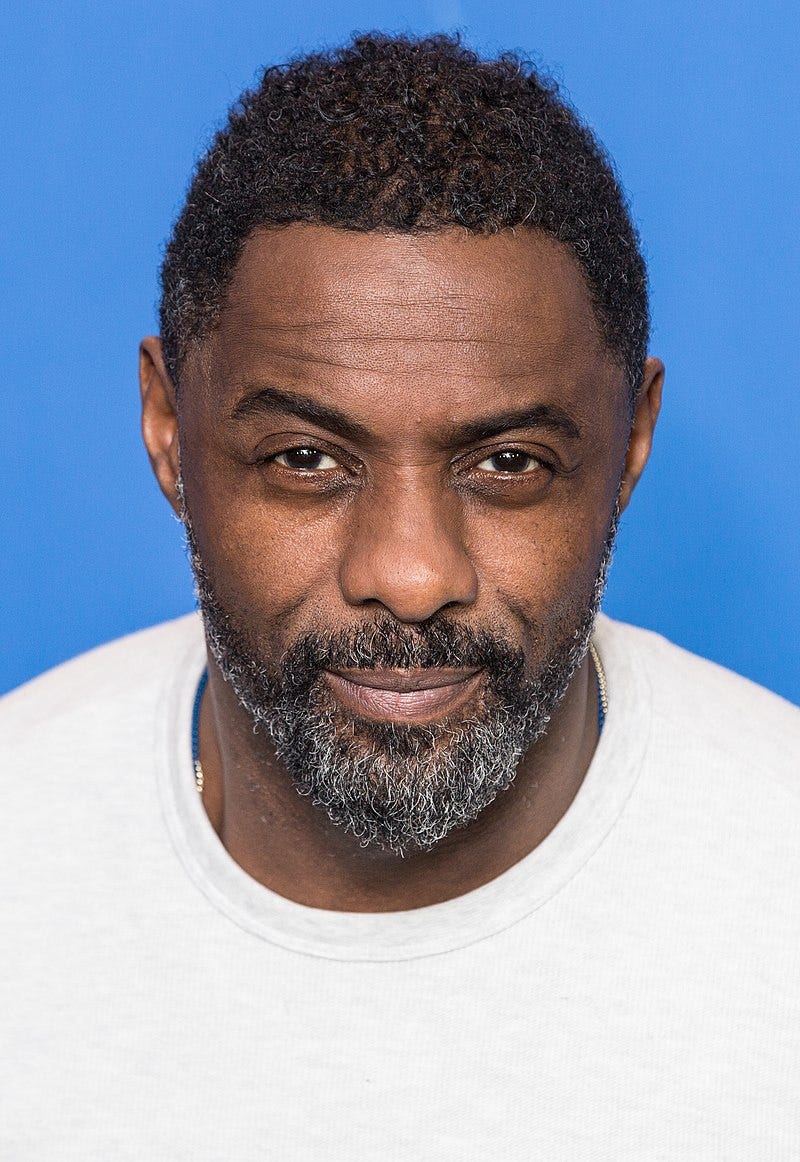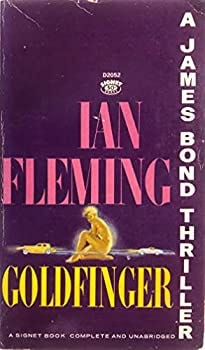A Black James Bond Would Change Some Things
Probably not the colonialism though.
Image: Harald Kirchel, CC
The producers of the James Bond franchise have for some time been considering giving the role to Idris Elba. Elba is regularly ranked as one of the sexiest men alive, and many fans have long pushed for him to get the part.
Elba would be the first Black man to play Bond. As such, giving him the role could help to address the franchise’s longstanding racism and colonialism. But the problems with the Bond franchise go beyond casting, and absent other changes, those issues are likely to remain whoever plays 007 next.
James Bond, Colonial Enforcer
Ian Fleming’s original Bond novels were naked colonial Cold War apologias. Bond, a British agent with a license to kill, jetted about the world to various former or current colonial regions, shooting the men who lived there and sleeping with the women. Bond’s job (in story and out of story) was to show that, despite British post-war decolonization, the traditional imperial order remained in place. The franchise reassured an empire in decline that the Cold War espionage services were still enforcing discipline and white supremacy on the world.
Racism provided an ideological justification for continued colonial dominance, and the novels’ bigotry was explicit. In Goldfinger, the villain explains that he hires Koreans as muscle because, “They are the cruelest, most ruthless people in the world.” Bond doesn’t dispute the racism but cosigns it; he says he intends to put the evil “Odd-Job or any other Korean firmly in place, which in Bond’s estimation was lower than apes in the mammalian hierarchy.” In the short story “For Your Eyes Only” Bond says that Cubans have “monkey hands” and says that Cuban women look like monkeys in dresses. Fleming used the n-word repeatedly as an insult in his writing as well.
The movies were less openly vile than the books. But Bond still fulfills the same colonial function. Live and Let Die for example has Roger Moore as Bond rescuing the pure white heroine (Jane Seymour) from Mr. Big, a Harlem heroin dealer who is also the Black Carribbean leader Dr. Kananga (Yaphet Kotto). The message is clear; independent, anticolonial Black leaders are corrupt, harm other Black people, and are a threat to white women.
Bond of course defeats Kananga with his usual suave surety, as he defeats other ethnic or non-white non-British villains such as General Chang of Tomorrow Never Dies, Emilio Largo of Never Say Never Again, General Medrano of Quantum of Solace, and most recently Safin in No Time to Die. “We can see the James Bond films as a form of propaganda that creates a vision of British superiority,” Samantha Petersen writes. “None of these villains, despite their level of skill, can defeat the suave British spy.” Similarly, in No Time to Die, Bond is briefly replaced as 007 by Nomi (Lashana Lynch), a Black British woman. She quickly realizes how awesome Bond is though, and gives him back his designation.
License to Kill White Supremacy
Casting Elba as Bond would push back against these assumptions. The person defeating all those foreigners and non-white people— the coolest, toughest, sexiest man in the world—would no longer be white, but Black. The Bond films would no longer be about how a white guy is better than all non-white people. That would be a real change.
It wouldn’t necessarily change all the colonial implications, though. As Viet Thanh Nguyen pointed out in his discussion of Spike Lee’s Da 5 Blood. Da 5 Blood is a response to American war movies like Apocalypse Now and Full Metal Jacket in which white people take the starring role. Lee’s story about Black veterans returning to Vietnam years after the war thoughtfully and passionately discusses Black exploitation and Black heroism. But, Nguyen says, the Vietnamese still appear only “as the tour guide, the sidekick, the ‘whore,’ the mixed-race child, the beggar and the faceless enemy, all of whom play to American desires and fears.”
Casting Black performers rather than white ones addresses in part the war movies’ history of white supremacy and erasure. But it Lee kept in place other bigotries and other elisions. Specifically, Lee doesn’t challenge “the imperialism that is as American as slavery and genocide,” as Nguyen puts it. Nguyen adds, “the true urgency here is not only for self-representation and the need to recognize ourselves so that others will recognize us, too. What is also crucial is the need to tell stories differently.”
Nguyen wonders if a war movie that actually took Vietnamese perspectives and Vietnamese stories seriously would even be a war movie. You could ask the same of James Bond films. No Time to Die questions the righteousness of Bond’s British handlers, who screw up repeatedly, with terrible consequences for the world. It includes a Black female 007 and other competent women spies. But ultimately the white male British guy is still the brave, sacrificing, awesome hero who saves everybody in the world, and who is lionized by everyone on screen. He reaffirms that the imperial center is the locus of order and mattering.
Would a Black James Bond change that? You could imagine a Bond script in which an Elba Bond faces discrimination within the secret service and that experience leads him to support antiracist, anticolonialist resistance movements within and outside Britian. It’s much harder to imagine execs, or fans, or Elba himself gambling billions in order to produce such an anti-Bond Bond film.
The perfect shouldn’t be the enemy of the good; more work for Black actors, and less white supremacist films, are both worthy goals in themselves. Another high-profile role for Idris Elba is also something to cheer.
But you don’t want the good to be the enemy of the perfect either. James Bond movies are a powerful way in which our culture tells itself the story of heroic colonialism. When we think about telling that narrative differently, we should also spend at least a moment to ask whether it’s worth telling at all.






This reminds me of all the fuss when Jodie Whittaker was named the first female Dr Who. The mansplainers and their ilk went apeshit.
Personally, she did a good job, despite the shitty scripts she had to work with. I think Elba would make a great Bond.